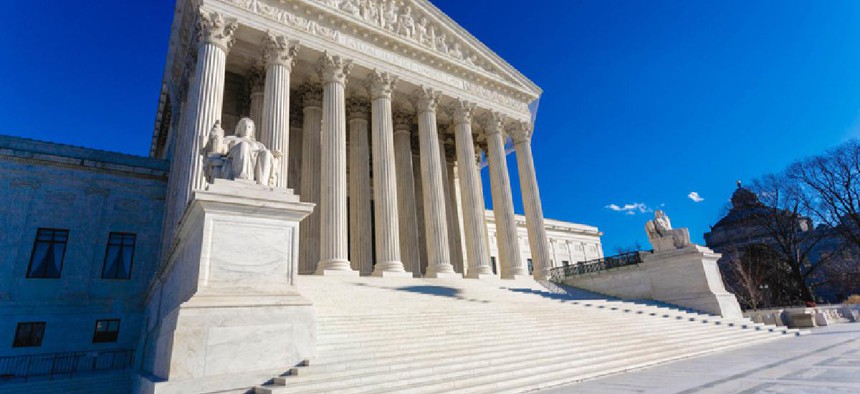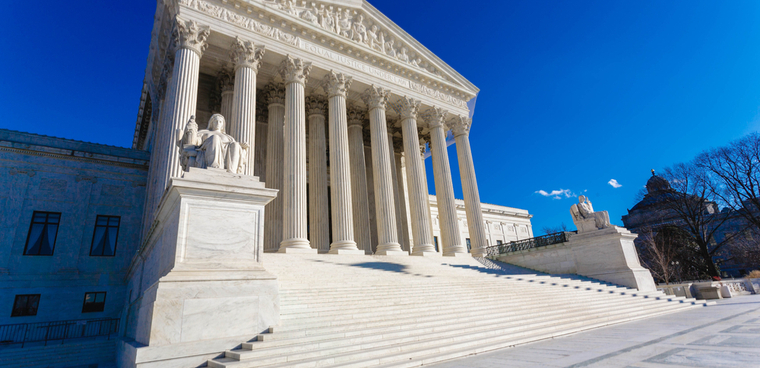Supreme Court ruling makes it easier for older feds to sue for age discrimination

Federal employees 40 and above are entitled to process "untainted by age consideration."

The Supreme Court ruled April 6 that older federal employees are entitled to a process "untainted by consideration of age" when undergoing personnel proceedings.
In a decision issued April 6, the Court ruled 8-1 that the federal-sector provision contained in the Age Discrimination in Employment Act of 1967 provided that personnel decisions affecting federal employees or candidates 40 years of age or older cannot be made exclusively based on age.
The ruling came in Babb v. Wilkie, a case in which a Department of Veterans Affairs pharmacist sued the agency in 2014 for age discrimination.
Noris Babb, who was born in 1960, alleged that she was repeatedly denied promotions, training opportunities and pay raises due to her age, and that her supervisors had made ageist comments.
The decision applies to the federal workplace and does not apply to state and local governments or the private sector.
"If Congress had wanted to impose the same standard on all employers, it could have easily done so," Justice Samuel Alito wrote for the majority's opinion.
The Court also found that employees who sue and are found to have been subject to unequal consideration must prove that discrimination was a "but-for-causation" issue -- meaning the decision was solely based on age -- in order to obtain relief such as back pay, damages or reinstatement.
Justice Sonia Sotomayor wrote a concurring opinion, with Justice Ruth Bader Ginsburg joining. Justice Clarence Thomas provided the lone dissent.


